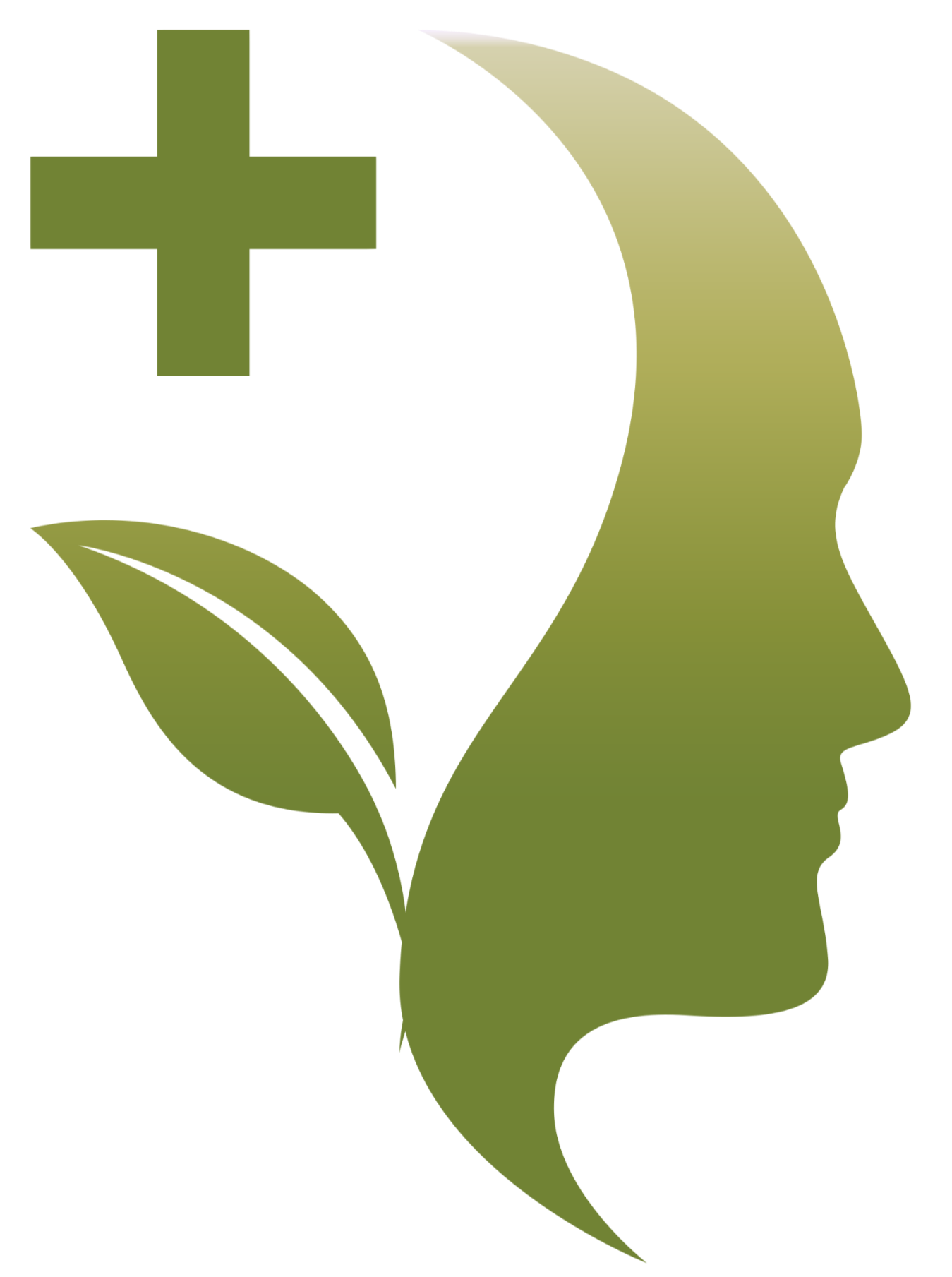Understanding Learning Disorders in Children: A Comprehensive Guide for Parents and Educators
- The Evergreen Care Team

- Jul 3, 2025
- 4 min read
Updated: Jul 9, 2025

Learning disorders can be challenging for children and their families, often leading to difficulties in academic performance and social interactions. Understanding these disorders is essential for parents and educators to provide the necessary support and create an inclusive learning environment. This guide aims to equip you with valuable insights into learning disorders, their signs, and effective strategies to support affected children.
What are Learning Disorders?
Learning disorders are a group of conditions that affect a child’s ability to process information, understand concepts, or apply knowledge in various contexts. These disorders can impact skills like reading, writing, math, and even social skills. They are not indicative of a child's intelligence but represent differences in how they learn.
Identifying a learning disorder early can significantly improve the outcome for a child. The earlier a child receives targeted assistance, the more likely they are to develop strategies that will help them thrive academically and socially.
Types of Learning Disorders
There are several types of learning disorders that parents and educators should be aware of:
1. Dyslexia
Dyslexia is a reading disorder characterized by difficulty in recognizing letters and connecting them to sounds. Children with dyslexia may struggle with reading fluency, comprehension, spelling, and writing.
Dyslexia is often diagnosed through a combination of assessments that evaluate a child's reading skills relative to their intelligence level. Early intervention can include specialized reading programs and one-on-one tutoring.
2. Dyscalculia
Dyscalculia affects a child's ability to understand and work with numbers. Children with dyscalculia may struggle with counting, recognizing number patterns, and grasping basic mathematical concepts.
To support a child with dyscalculia, educators can use visual aids, hands-on activities, and technology that reinforces math skills in an engaging way.
3. Dysgraphia
Dysgraphia is a writing disorder that affects a child’s ability to write coherently and legibly. Children with dysgraphia might have messy handwriting, trouble organizing their thoughts on paper, and difficulty with spelling.
Accommodations such as allowing the use of computers for writing assignments or enabling verbal assessments can greatly help children with dysgraphia.
4. Auditory and Visual Processing Disorders
These disorders affect a child's ability to process and interpret auditory or visual information. A child with an auditory processing disorder may have difficulty understanding spoken instructions, while a child with a visual processing disorder may struggle with interpreting visual information correctly.
Employing clear, concise instructions and using visual aids can be beneficial for these children to reduce misunderstandings and enhance learning.
Signs and Symptoms of Learning Disorders
Recognizing the signs of a potential learning disorder is key for parents and educators. Here are some common indicators:
Difficulty with reading or writing skills.
Trouble understanding math concepts or performing basic calculations.
Issues with remembering information or following directions.
Difficulty with organization and time management.
Avoidance of tasks that involve reading, writing, or math.
If you observe any of these signs, it may be beneficial to consult with a specialist who can provide a thorough evaluation. Early detection and intervention are integral to fostering a child’s academic success.
Supporting Children with Learning Disorders
Fostering a supportive environment is crucial for children with learning disorders. Here are some strategies that parents and educators can implement:
1. Open Communication
Maintaining an open line of communication between parents, teachers, and specialists is essential. Regular meetings can ensure that everyone is on the same page regarding a child’s needs and progress.
Encouraging children to express their feelings and frustrations can also help in addressing their emotional well-being alongside their academic challenges.
2. Individualized Learning Plans
An Individualized Education Plan (IEP) or a 504 Plan can provide tailored accommodations for students with learning disorders. These personalized learning plans detail specific goals, support services, and appropriate accommodations to help the child succeed.
Having clear expectations and strategies outlined can make it easier for everyone involved in the child’s education to support their learning journey.
3. Use of Technology
In today's digital age, there are numerous tools and resources available to assist children with learning disorders. Apps and software designed for reading, writing, and math can make learning more interactive and fun.
Technology can also facilitate personalized learning experiences that cater to a child's unique needs and learning styles.
4. Focus on Strengths
While it is essential to address challenges, it is equally important to recognize and nurture a child's strengths. Engaging children in activities where they excel can build their confidence and motivate them to tackle areas they find challenging.
Encouraging participation in arts, sports, or other extracurricular activities can help children develop a well-rounded skill set and improve self-esteem.
Conclusion
Understanding learning disorders in children is the first step toward fostering an inclusive and empowering educational environment. By recognizing the signs, supporting their unique needs, and implementing personalized strategies, parents and educators can help children thrive academically and socially.
The journey may be challenging, but with informed support and resources, children with learning disorders can develop the skills necessary to lead successful, fulfilling lives. It is ultimately about embracing their individuality and providing them with the tools they need to
reach their potential.
Reach out to Evergreen Behavioral and Mental Healthcare today.
Learning disorders affect both academic and emotional well-being. Early support from parents—through recognition, seeking help, and working with professionals—is key to effective care and a child’s mental health.
Go to https://evergreenbmh.com or call 336-444-6894 to arrange a private consultation.




Comments